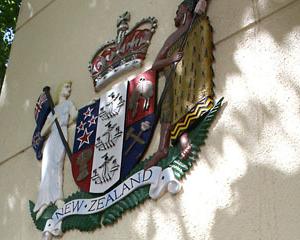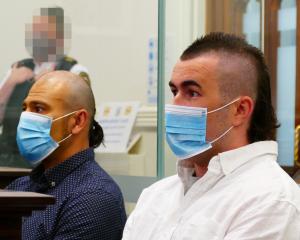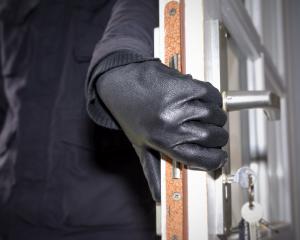A drink-driver who evaded conviction on points of law in the district court then lost out in the High Court and Court of Appeal, has now won the right to have his case considered by the Supreme Court.
In September 2006, the High Court sent former police officer Alisdair Bruce Aylwin back to the district court for conviction and sentence after accepting a police appeal.
Aylwin was charged with refusing to accompany a police officer without delay to undergo an evidential breath or blood test, and driving with excess breath-alcohol in Auckland.
A district court judge threw the charges out after accepting Aylwin's legal counsel's argument police failed to present evidence of the procedure they followed when administering his breath tests.
When the appeal court upheld the High Court decision, Aylwin went to the Supreme Court, with Chief Justice Sian Elias and Justices Peter Blanchard and William Wilson today granting him leave to appeal.
To charge someone with refusing to accompany a police officer, it was necessary for the prosecution to prove the breath test was lawfully conducted, the Supreme Court said.
In relation to the drink-driving charge, the prosecution had to prove both the breath screening test and the evidential breath test complied with the law.
In the High Court, Justices David Baragwanath and Paul Heath said legislation passed in 2001 meant an error in the result of an evidential breath test did not afford a defence.
This was because drivers who believed an evidential test was inaccurate had the option of choosing to take a blood test, which was conclusive.
This created immunity for the prosecution from errors in result.
Aylwin was in December 2006 convicted of indecent assault and sentenced to 100 hours community work.











